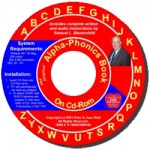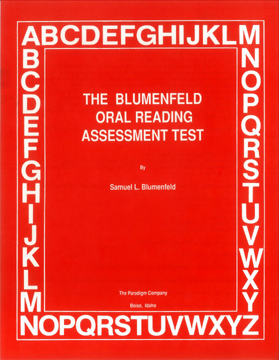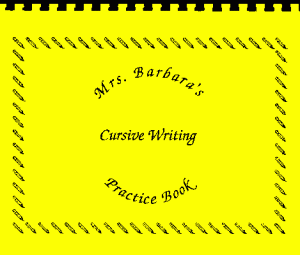CARNEGIE, WARREN BUFFET, OTHERS FAVOR INHERITANCE TAX
GOOD OR BAD IDEA?
Andrew Carnegie, a father of the free public library concept, disdained inherited wealth.
Carnegie wrote in his 1899 essay: “The Gospel of Wealth”:
He wrote: “Of all forms of taxation this seems the wisest. By taxing estates heavily at death the State marks its condemnation of the selfish millionaire’s unworthy life” *
Well, well! That was a bit tough, wasn’t it?
But Carnegie did put his money where his mouth went. It is estimated he gave away about 90% of his wealth by 1911.
Carnegie’s family migrated from Scotland to Allegheny, Pennsylvania in 1848. At 13 he worked as a bobbin boy in a textile factory. He yearned to learn but had no money for books. In 1850 he was working as a messenger. He learned that iron manufacturer Colonel James Anderson let working boys visit his personal 400 volume library on Saturdays. Of this Carnegie wrote” “…the windows were opened in the walls of my dungeon through which the light of knowledge streamed in…” He called the library the source of his largely informal education and, no doubt, his eventual success. He went on to build 2,509 libraries in the late 19th and early 20th Centuries. He spent some $ 55 million, which, today would be about $ 1.3 billion.
It seems humorous that Carnegie and others (Think Ford, Getty, Hilton, Hoover, Kellogg, Lilly, Mellon **) seemed willing to donate much of their fortunes WITHOUT being coerced by a government law to make them do it.
A recent article by Arlene Weismantel, of Michigan State University, noted that current billionaire philanthropists like Bill Gates and Warren Buffet who donate many millions to various causes, as did Carnegie, have publicly professed their support for the estate tax. Yet the estate tax hardly is a burden for them. The tax at death, on the other hand, can cause some less wealthy families to sell or liquidate family businesses in order to pay that tax.
The record seems to indicate that a whole lot of philanthropy took place without the coercive specter of some sort of tax by the government to generate funds for worthy causes. Carnegie’s loathing of inheritance was sufficient spur for him to be generous. That feeling seems to have blessed society with several thousand free public libraries. Why not leave it at that? (And this assumes the Government would actually use revenue generated by such a tax for truly worthy causes)
We would like to know what you think. Send us a comment.
*There are really 2 types of tax on wealth passed on: A. Estate tax Paid by the deceased person’s estate before money is distributed to heirs and B. Inheritance tax paid by the person inheriting the asset. The former is levied by the Federal Government.
**Who donated vast sums before the tax rate of inheritance tax was as high as it is currently:
Tax Rates: 1910 about 10%, 1950-70 about 80%, 2010 about 35%
Like us on Facebook (Above in Horizontal Black Bar in Masthead area)
Remember: There is NO tax (Yet) on teaching your children to be good readers. For a great PHONICS Reading Instruction program that is SIMPLE, EFFECTIVE AND INEXPENSIVE consider Alpha-Phonics A Primer for Beginning Readers
Website about Alpha-Phonics

Created to easily teach children to be able to read the WORD
For interesting information about education see Alpha-Phonics Blog

 Alpha-Phonics
Alpha-Phonics The Alphabet Song!
The Alphabet Song! Water on the Floor
Water on the Floor Alpha-Phonics the Book on CD Rom
Alpha-Phonics the Book on CD Rom Blumenfeld Oral Reading Assessment Test
Blumenfeld Oral Reading Assessment Test How To Tutor
How To Tutor How To Tutor Cursive Handwriting Workbook
How To Tutor Cursive Handwriting Workbook